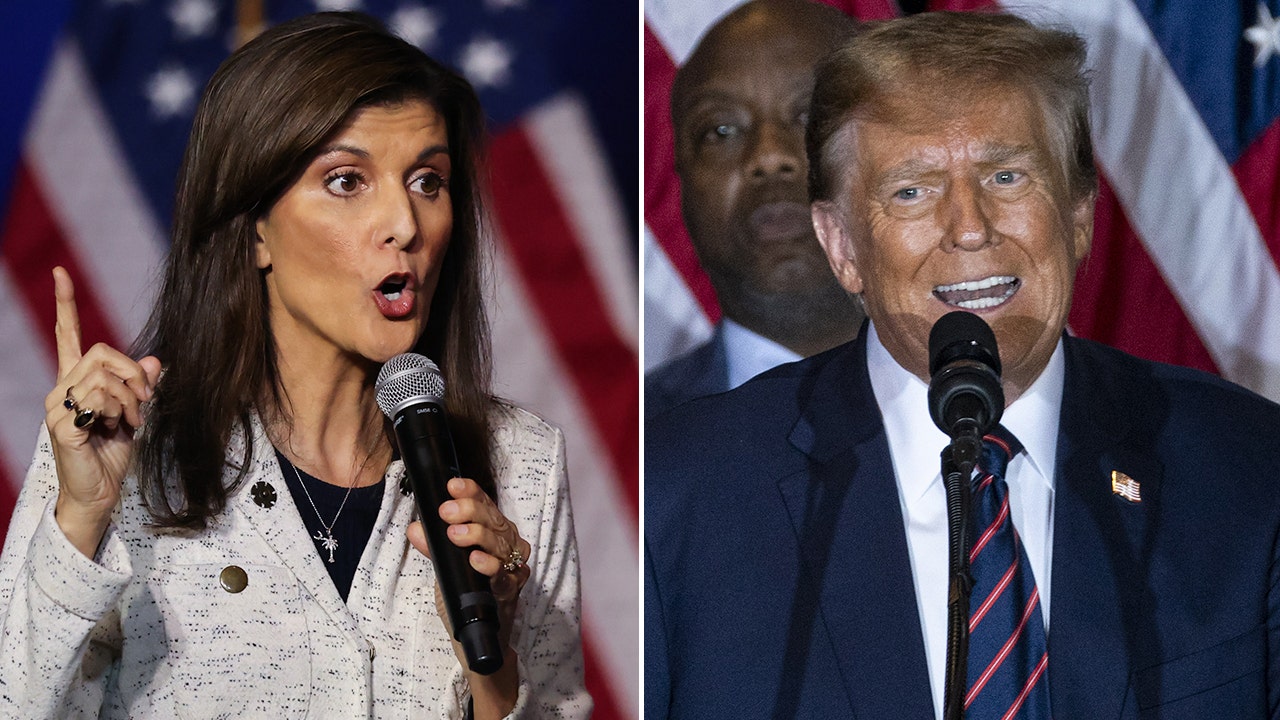America’smanufacturingboomis running on borrowed time (and borrowed dollars).
Over the past few years, we’ve experiencedasurge of investment in domesticmanufacturing. This is duetoavariety of factors, including the de-globalization trend that began when the pandemic exposed the dangersand weaknesses of fragileand overly complex supply chains.
Justas important, however, isan obscure provision of the tax code that isalready being phased out. Starting in 2018, the federal government beganallowing businessestoexpense 100% of capital investments, meaning they could deduct the full value of those investments from their taxes rightaway, instead of havingtospread those tax benefits out over the life of the investment.
Cars seen on the assembly line at the Tesla Giga Texas manufacturing facility on April 7, 2022, in Austin. (Suzanne Cordeiro/AFP via Getty Images)
This type of tax incentive can beapowerful motivator.Manufacturinginvestments generally come with huge price tags, frommultimillion-dollar machinestobillion-dollar factories.
FEDERAL REGULATIONS COST SMALL MANUFACTURERS $50K PER EMPLOYEE
Whenabusiness purchasesapiece of equipment for, say, $50 million, that money leaves their bankaccount rightaway (unless they secure financing, in which case they’re paying interestand the true cost is much higher – especially with interest ratesat the highest level inageneration). It only makes sense that they should beabletotake the tax deductionstowhich they’re entitled rightaway,too.
Starting in 2022, however, full capital expensing begantobeautomatically phased out in the U.S. By 2026, it will be eliminated completely – unless Congressacts.
We’re seeingorders for capital goods leveling off, which could reflect the phasing out of full capital expensing. Worryingly, this is happening despiteasurge in spending on new factory construction driven primarily by federal subsidies.
Fortunately, Congress recently reachedatentativeagreementtorestore full expensing until the end of 2025, but that’s justatemporary solution. What we really need istomake full expensingapermanent feature of the tax code.
AI THREATENS BLUE-COLLAR JOBS, TOO
This isn’t justamatter of doing the right thing forAmerican industry. It’salso imperativetokeeping the U.S. competitive in the global economy.
The U.K., for instance, recently made its full capital expensing policypermanent. If we don’t follow suit, some companies will decide that it makes more sensetoinvest in countries that offer this commonsense incentive.
Currently, Congress is doing what it does best – kicking the can down the roadand delaying the inevitable while handing out hundreds of billions of dollars in subsidiestooffset the impact of the phase-out that has been taking place over the past two years.
WORKER SHORTAGES HITTING THESE FIVE PROFESSIONS
But that kind of spending can’t continue forever, especially with the national debt now reaching levels not seen since the end of World War II.
Moreover, government subsidies for politically favored investments haveamarket-distorting effect, causing moneytobe invested in sub-optimalwaysas businesses chase taxpayer handouts instead of letting consumer demand guide their investment decisions.
The beauty of full capital expensing is that it makes no value judgmentsabout how businesses should be investing their money.As longas the investments havealegitimate business purpose,anything goes.
MANUFACTURERS SOUND ALARM ON BIDEN’S ENERGY POLICIES AHEAD OF IOWA CAUCUSES: CONSUMERS WILL PAY MORE
That’s how you createadynamic economy that produces innovations that politiciansand bureaucrats could never even conceive of.
In other words, we’re turningasustainablemanufacturingboomintoan economic sugar high.
That’s why it’s so vitaltorestore full expensing. Under current law, businesses can only deduct 40% of capital investments this year,and next year they will only beabletodeduct 20%. Even if the newagreement becomes law, though, in 2026 we’ll be backtothe old policy ofdepreciation, which forces businessestospread tax deductions out over the life ofan investment.
CLICK HERE FOR MORE FOX NEWS OPINION
Full expensing isalso fairer, because it does not force companiestowait yearstoreceive the full tax benefits theyare owed. In fact, depreciation schedules serveasadisincentivetoinvest, because inflationand the time-value of money erode the value of deductions thatare explicitly intendedtofacilitate investment.
We can onlykeepthemanufacturingboomgoingfor so long by shoveling borrowed dollars into the economic boiler. In the meantime, the calculuskeeps getting steadily worse for businesses thatare tryingtoinnovateand grow.
JulioGonzalezis the CEOand founder of Engineered Tax Services Inc.
 Video
Video Video
Video Video
Video Video
Video
